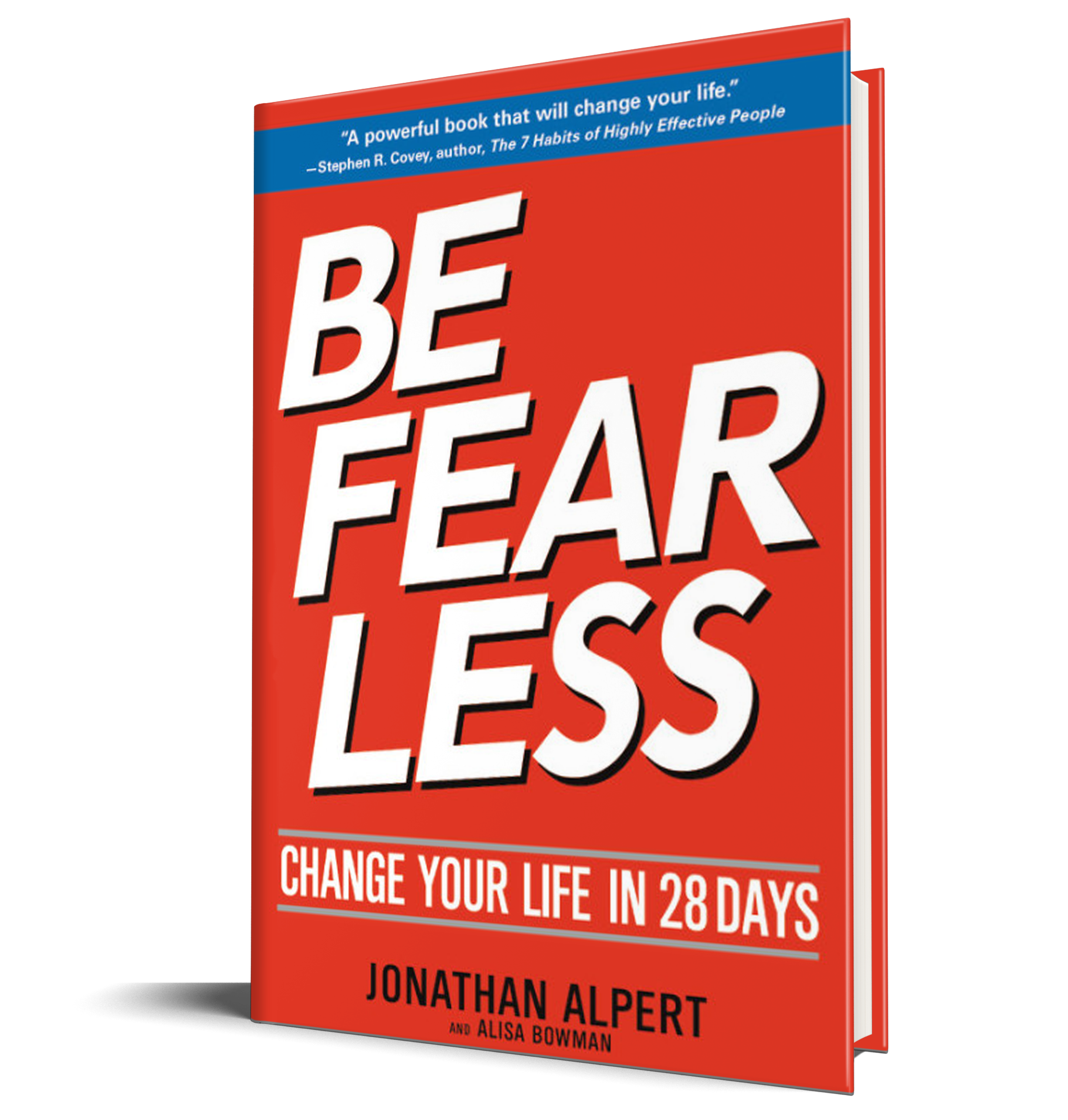This is probably the most common way people deal with fear, and it seems to make intuitive sense. After all, why would you move toward something that is painful or threatening? You wouldn’t, for instance, jump off a bridge no matter how many times I told you, “Oh, just do it, everything will be fine!” You wouldn’t light yourself on fire either. In these situations your fear would stop you for a good reason . It would prevent you from choosing certain death in a life-or-death situation.
The problem, however, is that most fears are not about life or death. For instance, I don’t know anyone who has died from giving a speech, from forcing himself onto the dance floor, or from approaching a woman and asking her on a date.
Such situations don’t kill us. The anxiety, especially if it progressed into a panic attack, might cause you to feel as if you were dying, but no one ever has died from a panic attack either. Eventually the panic goes away.
Because fear feels so scary, many people run in the other direction as they tell themselves things like “I can’t speak in front of a crowd and I can’t dance and I can’t ask for a raise”.
In reality, however, you can. For the vast majority of situations, the fear isn’t based in reality. It’s all in your head, and it’s not as scary as it might initially seem.
You might argue that you don’t have to face these fears, that avoiding them isn’t harming you. The problem with this thinking is twofold. For one, it’s probably difficult to completely avoid your fear. Sure, if you have a fear of snakes, you might be able to get through most of your life without confronting them. But many other fears are a completely different story. For instance, I have a fear of dancing. I didn’t confront it because I didn’t think I had to. It’s not as if I find myself on a dance floor every day. Then not long ago, I attended my cousin’s wedding. She asked me to dance. I felt so anxious that I turned her down. The bride asked me to dance with her and I refused! What kind of a person am I? Days later I wished that I’d faced that fear.
Second, the longer you avoid facing your fear, the bigger it grows. By avoiding it, you are telling yourself, “This is scary”. The avoidance and self- talk reinforces the fear itself, allowing it to grow stronger and become even more debilitating.
Think about everything you are missing out on because of what you are avoiding. How much richer could your life become if you didn’t feel the need to hide from your fear? What would you be able to do? Suppose you were not fearful— how would your life be?

Published with permission from Be Fearless: Change Your Life in 28 Days by Jonathan Alpert.
Follow us here and subscribe here for all the latest news on how you can keep Thriving.
Stay up to date or catch-up on all our podcasts with Arianna Huffington here.


